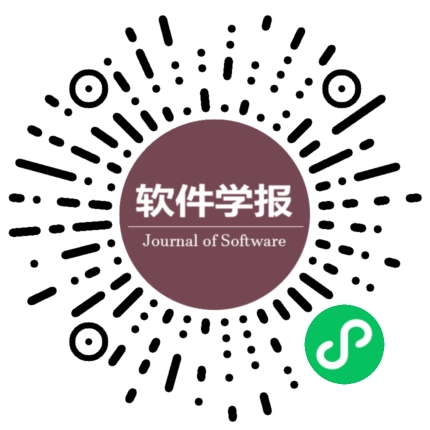Light Weight and Tree-Based Forwarding Model in IPv6 IoT Subnet
Author:
Affiliation:
Clc Number:
Fund Project:
Get Citation
肖融,陈文龙,孙波.面向IPv6物联子网的轻量级树型转发模型.软件学报,2014,25(8):1729-1742
CopyShare

Article Metrics
- Abstract:
- PDF:
- HTML:
- Cited by:
History
- Received:January 06,2014
- Revised:May 29,2014
- Adopted:
- Online: August 01,2014
- Published:
You are the firstVisitors
Copyright: Institute of Software, Chinese Academy of Sciences Beijing ICP No. 05046678-4
Address:4# South Fourth Street, Zhong Guan Cun, Beijing 100190,Postal Code:100190
Phone:010-62562563 Fax:010-62562533 Email:jos@iscas.ac.cn
Technical Support:Beijing Qinyun Technology Development Co., Ltd.
Copyright: Institute of Software, Chinese Academy of Sciences Beijing ICP No. 05046678-4
Address:4# South Fourth Street, Zhong Guan Cun, Beijing 100190,Postal Code:100190
Phone:010-62562563 Fax:010-62562533 Email:jos@iscas.ac.cn
Technical Support:Beijing Qinyun Technology Development Co., Ltd.



